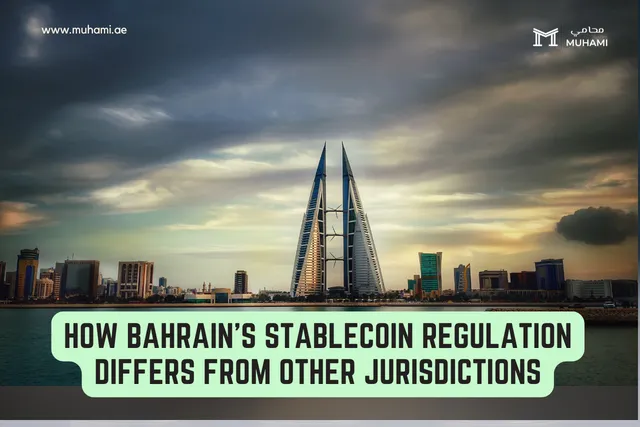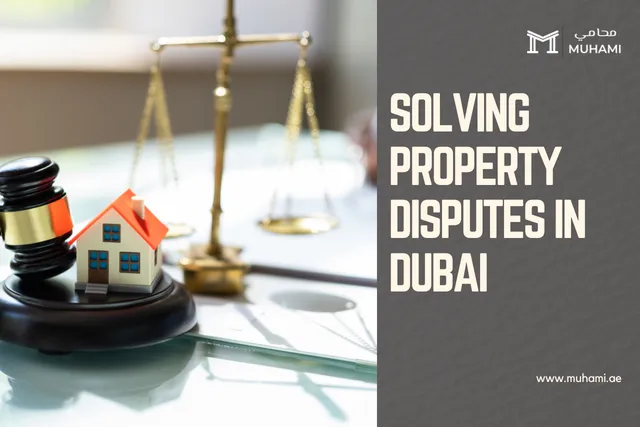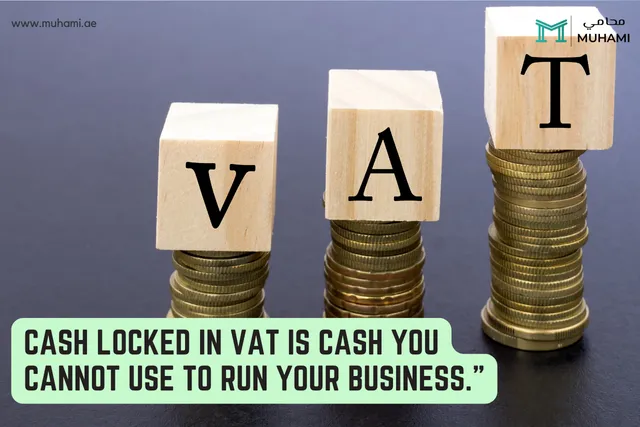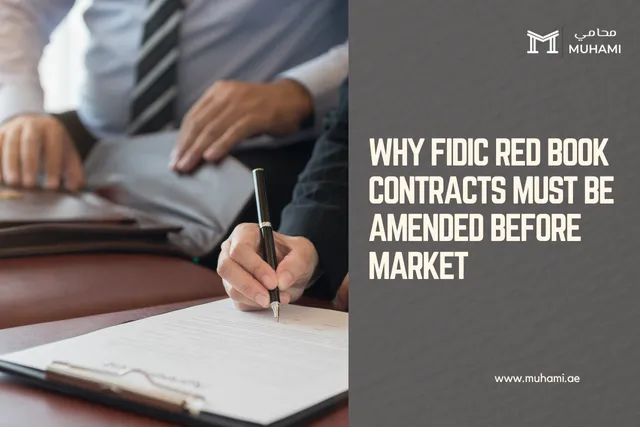How Bahrain’s Stablecoin Regulation Differs From Other Jurisdictions

Introduction
Stablecoins are no longer fringe tokens of the cryptocurrency world. They are now integral to digital markets, cross-border payments, and even financial stability debates. Europe has adopted the Markets in Crypto-Assets Regulation (MiCA), Singapore has finalised a stablecoin framework, Japan has restricted issuance to banks and trust companies, Hong Kong has introduced its own ordinance, and the United States has passed the GENIUS Act.
Bahrain, however, has taken a different route. In July 2025, its central bank published the Stablecoin Issuance and Offering (SIO) Module within the CBB Rulebook. This was not an incremental tweak to existing rules but a purpose-built framework. The SIO module is designed as a single, consolidated reference point for everything a stablecoin issuer must do: licensing, reserves, governance, technology, disclosure, reporting, and enforcement. It signals Bahrain’s intention not only to allow stablecoins but to anchor them in the same supervisory tradition that applies to banks and insurers.
The question is how Bahrain’s framework compares to those abroad. And just as importantly, what do these differences mean for businesses looking to issue or use stablecoins, and for investors deciding which coins to trust?
Licensing: Who Can Issue, and Under What Conditions?
Licensing tells us who regulators trust to issue something as sensitive as a digital representation of money. Bahrain has opted for clarity. Any issuer of an “approved stablecoin” must be locally incorporated as a joint stock company, obtain a CBB licence, and meet fit-and-proper, capital, and governance tests. The licence covers everything: issuance, offering, and ongoing management. There is no ambiguity.
Contrast this with Europe, where MiCA divides stablecoins into two categories, e-money tokens and asset-referenced tokens, each with its own authorisation process. Or Singapore, which allows anyone to issue a token but reserves the “MAS-regulated stablecoin” label for those meeting its high standards. Japan has gone in the opposite direction, limiting issuance entirely to banks, trust banks, or specially licensed institutions. Hong Kong has created a new licensing law but is rolling it out gradually, starting with large invited players. The UAE spreads responsibility: fiat tokens with the central bank, commodity tokens with Dubai’s
VARA, fiat-referenced tokens in ADGM. The U.S. GENIUS Act now ties issuance to banks or federally chartered firms, embedding stablecoins in the banking system.
What makes Bahrain stand out is its unified, bespoke licence. Where others fragment oversight or restrict entry to incumbents, Bahrain allows new entrants, but only if they build a locally incorporated, regulator-approved institution from the ground up. For a business, that provides both opportunity and obligation: you can enter the market, but only on bank-like terms.
Reserves and Redemption: The Core of Stability
The promise of a stablecoin is in the name: stability. If users cannot redeem a token for its underlying currency quickly and reliably, trust evaporates. In Bahrain every coin must be backed 1:1 by fiat reserves, held with independent custodians under formal contracts. Token supply and reserves must be reconciled daily. Holders have a legal right to redeem at par within five business days, and issuers cannot impose unreasonable fees.
Globally, we see similar patterns but with variations. MiCA requires full reserves and redemption rights, but prohibits interest payments, reflecting concern about competition with bank deposits. Singapore limits reserves to cash and ultra-short government debt, with monthly attestations and public audit reports. Japan goes further by embedding stablecoins into bank and trust structures, even offering deposit insurance for bank-issued coins. Hong Kong grants holders a statutory first claim on reserves in insolvency, a very strong protection. The U.S. law specifies acceptable reserve assets (cash, Treasuries, insured deposits) and forbids rehypothecation or interest.
For investors, the differences matter. A Bahrain-regulated coin offers not only the familiar 1:1 promise but also independent custody and explicit redemption rights in law, features that make it harder for an issuer to quietly weaken its reserves. That places Bahrain in the company of the strictest regimes.
Disclosure: Whitepapers and Transparency
Bahrain requires issuers to publish a whitepaper that is accurate, accessible, and comprehensive. It must set out the mechanics of stability, redemption rights, reserve policies, fees, and risks. Advertising must match the whitepaper; no hype without substance.
This resembles the EU’s whitepaper requirement under MiCA and Singapore’s mandate for MAS-regulated stablecoins. Hong Kong too expects prospectus-style documents. In contrast, Japan and the U.S. lean on existing financial or consumer disclosures, and Switzerland only applies prospectus law if a token is marketed as a security. Bermuda requires issuance documents unless an exemption applies, and ongoing reserve reports are mandatory.
The importance of this is straightforward: a whitepaper creates a public covenant. If an issuer deviates from what it promised, regulators and investors have something to hold it against. In markets without such requirements, users often rely on voluntary disclosures, which may change without notice.
Governance and Internal Controls
Stablecoin issuers in Bahrain are treated as full financial institutions. They must meet the CBB’s High-Level Controls on governance, maintain risk management, compliance, and internal audit functions, and have directors and shareholders vetted for fitness. AML obligations apply in full, and data protection law covers user information.
Elsewhere, MiCA mandates strong governance and risk controls, with special regimes for “significant” coins. Singapore imposes minimum capital and restricts issuers’ scope of business solely to stablecoin issuance. Japan leans on existing banking governance. Hong Kong requires HKMA-approved governance and AML, including identity checks on every wallet holder. The U.S. law demands bank-style supervision and adds explicit privacy protections.
The message is clear: regulators everywhere want stablecoins run like serious financial institutions. Bahrain’s contribution is a holistic integration, governance, AML, and data protection all under one licence. For businesses, that means entering the Bahraini market involves not only financial discipline but also compliance with modern privacy and AML expectations.
Technology, Custody, and Reporting
The SIO Module goes beyond finance to technology. Issuers must operate secure IT systems, maintain contingency plans for outages, and reconcile minting and burning with fiat inflows and outflows daily. Custody of reserves must be with independent banks or custodians, not the issuer itself.
Other regulators echo these concerns. MiCA requires ICT security and segregation of reserves. Singapore insists on segregated accounts, independent custodians, and compliance with MAS Technology Risk Guidelines. Hong Kong stresses cyber resilience and the ability to restrict illicit wallets. U.S. law prohibits reuse of reserves and mandates regulated custodians.
On reporting, Bahrain’s model is scalable. Smaller issuers file regular reports, “significant” issuers may face daily reporting, stress testing, and enhanced scrutiny. This is similar to Singapore’s monthly attestations, MiCA’s quarterly reports, and Bermuda’s monthly and annual audits.
The practical effect is a stablecoin sector under continuous supervisory visibility. For investors, that means less chance of a surprise collapse, for issuers, it means building systems that can withstand not only market stress but regulatory inspection at any time.
Enforcement and Supervision
Finally, rules matter only if enforced. Bahrain’s CBB can fine, suspend, or revoke licences and refer serious cases to criminal courts. Enforcement is direct, unified, and backed by decades of supervisory practice.
Hong Kong criminalises unlicensed activity and misrepresentation, with prison terms for severe breaches. Singapore uses binding orders and fines, with power to force wind-downs. EU regulators can impose turnover-based fines and, for significant coins, the EBA can intervene. Japan issues public improvement orders or revokes registrations. The UAE deploys fines and coordinates across regulators. The U.S. uses banking enforcement powers, consent orders, and civil penalties.
Bahrain’s distinct advantage is clarity: one regulator, one framework, one set of sanctions. In jurisdictions with multiple agencies, enforcement may be slower or inconsistent.
Conclusion
Bahrain’s SIO Module is a rare example of a fully consolidated stablecoin framework. It brings together licensing, reserve rules, disclosure, governance, technology, reporting, and enforcement into a single package under the central bank. Its focus on fiat-backed, institutional issuers ensures credibility; its integration of AML, data protection, and cyber resilience ensures relevance; and its insistence on mint/burn reconciliation ensures technical integrity.
Where Europe has complexity, Singapore a selective badge, Japan a banks-only model, Hong Kong cautious rollout, the UAE multiple regulators, the U.S. banking alignment, and Switzerland and Bermuda incremental guidance, Bahrain offers clarity and completeness in one regime.
For issuers, this means opportunity to operate in a jurisdiction that combines accessibility with credibility. For investors, it signals trust: a Bahrain-licensed stablecoin is backed, supervised, and redeemable by law. And for the wider world, Bahrain’s framework is a signal that stablecoins can be integrated into mainstream finance, not as speculative instruments, but as stable, regulated tools for payment and settlement.
Any Questions?
Connect with lawyers and seek expert legal advice
Share
Find by Article Category
Browse articles by categories
Featured Partnership
Lawcloud
LawCloud: All-in-One Legal Practice Software
Related Articles

Solving property disputes in Dubai
A practical, step by step guide: Two things decide how a property dispute en…

Solving property disputes in Dubai
A practical, step by step guide: Two things de…

Cash locked in VAT is cash you cannot u…
A practical guide to reclaiming VAT on commercial real estate in the UAE Two…

Cash locked in VAT is cash you cannot use to run …
A practical guide to reclaiming VAT on commercial…

Why FIDIC Red Book Contracts Must Be Am…
Introduction For Owners and Contractors in the UAE, the unamended FIDIC Red …

Why FIDIC Red Book Contracts Must Be Amended Befo…
Introduction For Owners and Contractors in the…
